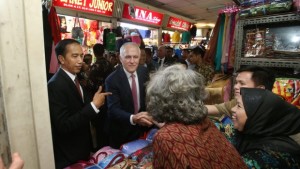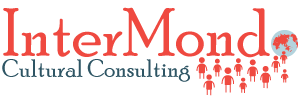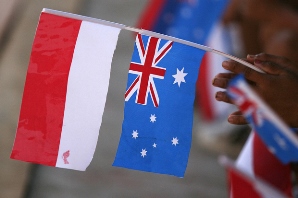Today Joko Widodo was inaugurated as Indonesia’s seventh President. And if your organisation – whether for-profit, government or not-for-profit – has or is developing partnerships with counterparts in Indonesia, the world’s third largest democracy and largest Muslim nation, you’re probably reflecting on what the new ‘Jokowi’ era will mean for you and for your partnerships.
You might even be somewhere in Jakarta participating in the celebrations of this remarkable moment in Indonesia’s political history.
Writing today in The Strategist about what Jokowi’s ascension to the presidency means for Australia-Indonesia relations, defence expert Bob Lowry reflected that
Australia should concentrate on establishing personal relationships across the new administration without being too pushy. The aim should be to seek support for existing cooperative measures and activities and to offer to adapt those to the Jokowi government priorities.

Strengthening international partnerships – focus on establishing and strengthening personal relationships
It’s a timely reminder about how organisations go about developing relationships with international partners if they’re committed to long-term success. This includes building mutual trust and re-establishing trust where there have been setbacks, as has been the case between the Australian and Indonesian governments over the past year.
Building and reinforcing international relationships takes time and an adjustment of your usual approaches.
First up you will consider how to leverage your existing success, market and in-country leadership.
Bob Lowy outlines how Australia could build on its existing relationships with Indonesia government and business. Australia is in an excellent position to leverage its expertise and capacities to assist the new adminstration around areas of high priority, such as air and sea surveillance and reconnaissance, interception capabilities, air transport, the use of space for communications, mapping and surveillance.
People-to-people relationships are at the heart of building connections and trust with international business counterparts. If your organisation is seeking to expand overseas based on cultural assumptions
- that what works in your country can automatically be replicated elsewhere, and
- about locking in a partnership first and allowing the human relationship side to evolve more gradually
then you may be in for a frustrating wakeup call. You’ll have to unpack your cultural assumptions and biases and start thinking about managing your expectations differently so you can adjust your approaches to how you develop your international partnerships.
How is your organisation going about fostering new and existing relationships with your international counterparts? Are there areas where you’ve had to reset your expectations – especially around expected timeframes – or try new approaches to building trust and rapport? What are some of your biggest challenges around developing and maintaining these relationships?


